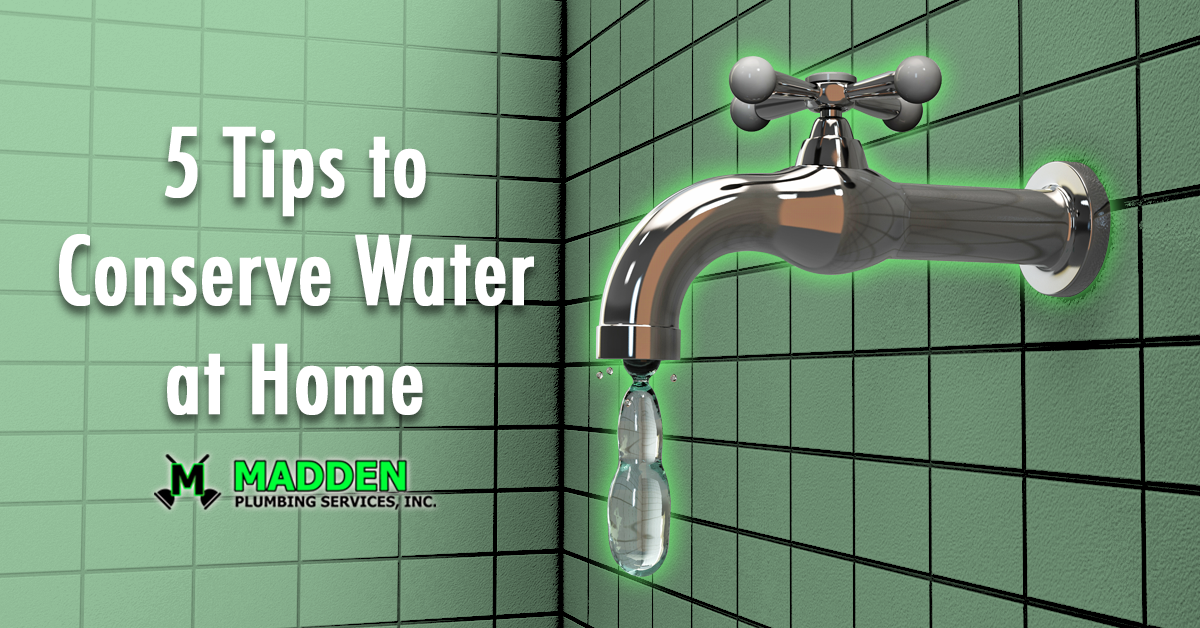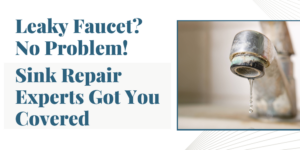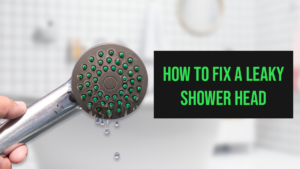5 Tips to Conserve Water at Home
Water bills could surprise you in ways you least expect. The United States Environmental Protection Agency (EPA) reports that an average family can spend up to $1000 on water bills annually. That’s a lot of money to spend on water bills.

So how can we make a difference each month with our water bill and save water at the same time? EPA suggests that American families can save water and expenses by using products labeled with WaterSense and EnergyStar certified appliances. However, technology can only help us in some ways. It’s up to us as to when and how we can save on water.
5 Simple Tips on Water Conservation
Here are a few tips on how to conserve water and save up on those monthly water bills.
1. Upgrade your toilet.
If your toilet was made before 1994, you should consider replacing it since those can use up to 7 gallons of water per flush. Whereas, new toilet designs today can flush up 1.28 to 1.6 gallons per flush. That’s a huge difference in this upgrade alone.
2. Choose your appliances wisely.
As mentioned, appliances that are rated by Energy Star is one of the perfect ways to start saving up on water and energy. Modern dishwashers, washing machines, and water heaters today have economic settings you can use to make them run efficiently. Using less energy and water at the same time.
3. Check your water heaters.
If your water heater is 10-15 years old or more, you should consider replacing it with a new and modern heater. Chances are, your current water heater is already showing signs of old age and may not run as efficiently as it was before.
4. Use low-flow fixtures.
Low-flow fixtures are considered the most efficient showerheads and faucets of our time. Most low-flow faucets and showerheads are labeled with WaterSense, and the EPA reports that these models can save the average family 700 gallons of water per year! The Office of Energy Efficiency and Energy Renewal also states that all plumbing fixtures after January 1, 1994, be within the federal standards to help conserve water.
5. Make frequent home inspections.
Last but not least, a scan with our good old Mk 1. Eyeball. Nothing can beat a good, thorough check of your house. Having a regular schedule of going around your home checking your plumbing can help you detect any leak earlier.
Also, another tip, check your water meter if it keeps running even though no one is using water in your house, that means there’s a leak hidden somewhere.
Conserve to Save Up
We hope that these 5 simple tips on how to conserve water help you. Interested in how to upgrade your plumbing system or just want to know more about water conservation? Reach out to your local plumbing service provider for professional and expert advice.






